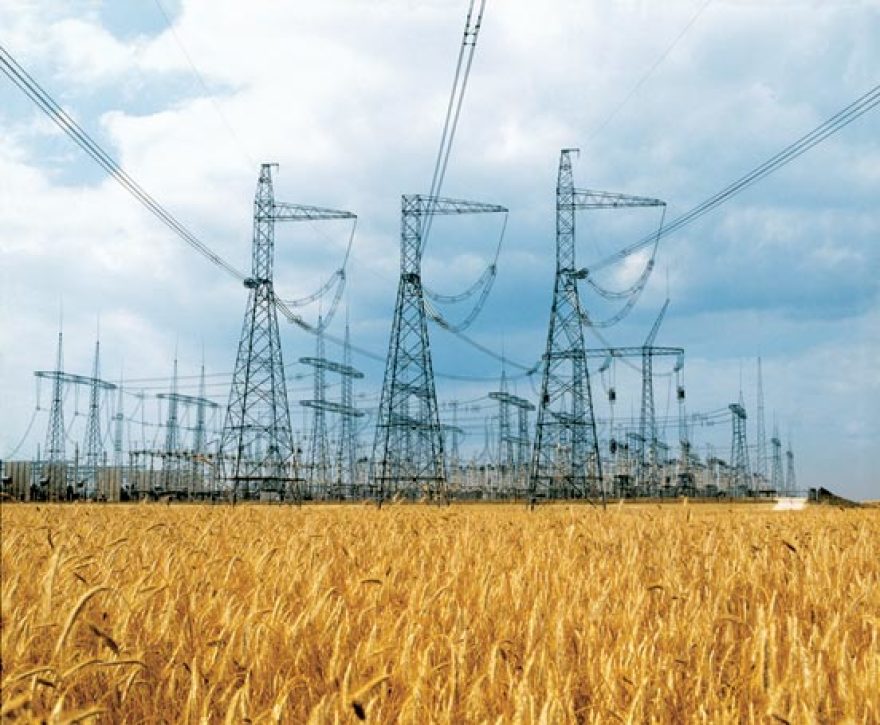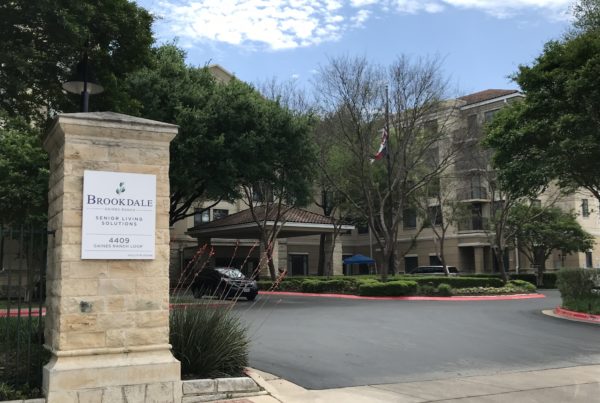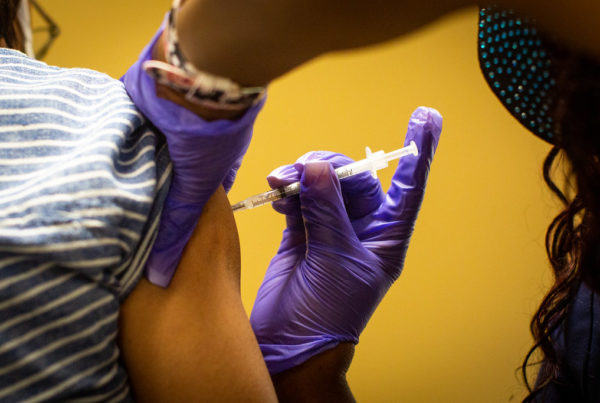From Texas Public Radio:
Senate Bill 2109 started out as an energy efficiency bill, designed to increase reliability and reduce costs for consumers. But after a parliamentary move in a Senate committee on Thursday, the bill now focuses on what industry experts and stakeholders describe as a competition-stifling, investment-repelling plan to build several state-controlled emergency power generators. And the proposed law would be paid for by consumers, and could enrich a multibillion-dollar subsidiary of one of the most powerful conglomerates in the world.
“It’s a terrible plan for Texans,” said Peter Cramton, an economics professor at University of Cologne and the recently resigned former vice chair of the ERCOT board.
“This bill right now — it’s heading in the wrong direction,” he said. “It made a 180 away from effective market design toward a nonmarket solution.”
Cramton supports the initial intent of SB 2109 — increased energy efficiency — as do many other experts. The original law would have focused on so-called “demand response,” which uses artificial intelligence in smart appliances like thermostats and electric vehicle chargers to reduce demand in times of scarcity, and to increase overall efficiency.
“This is possible with existing technology,” said energy and climate consultant Doug Lewin.
Lewin was “disappointed” when ERCOT asked Texans to conserve energy on Tuesday. Temperatures were hotter than forecasted and more generators were offline for repairs than usual, leading to warnings of possible emergency conditions and pleas for energy conservation.
“We should not get a call from ERCOT saying, ‘Please conserve! Please conserve!’” Lewin said. “[Energy conservation] should be automatic.”
Demand response would help. A smart thermostat, for example, would maintain a consumer’s preferred temperature range during the summer — while still lowering energy use — by cooling a house early in the afternoon, rather than fighting against late-afternoon heat.
Most existing demand-response programs — like Austin Energy’s “Load Cooperative” for commercial customers — offer incentives for voluntary participation.
“[Demand response] increases reliability,” Lewin said. “It lowers costs for everybody in the system. Even people who don’t participate benefit from that.”
SB 2109 started as one of the few demand-focused proposals in the Texas Legislature. Most other prominent bills look at the supply side of the grid — by mandating natural gas and power plant weatherization, for example. SB 2109 instead called for a 5% reduction in peak residential electricity use through demand-response programs, which experts say could have shortened the energy crisis in February, and prevented the conservation request on Tuesday.
But now, SB 2109 has joined the litany of supply-focused proposals.
“The program requires the placement of 10 one-gigawatt natural gas generation plants throughout the state,” said state senator Charles Schwertner, introducing the substitute to his demand-response bill.
Schwertner has championed several measures to address grid reliability, including Senate Bill 3, which would increase the grid’s resilience to extreme weather. But the new SB 2109 substitute is more controversial, and has received intense opposition from industry experts and stakeholders.
In response to an inquiry about the rationale underlying the decision to swap out a demand-response bill for this emergency generation approach, his office wrote, “Senator Schwertner said after the storm the legislature needs to look at all options and this is one that has been brought up, which is why we are hearing it today.”
The emergency plants in the new version of SB 2109 would exist outside the ERCOT market, and — ostensibly — would only be used in emergency situations. Consumers would cover the cost.
The contract would be open to bids from any company, but this particular plan was birthed by Berkshire Hathaway Energy — a subsidiary of the behemoth Berkshire Hathaway conglomerate, which is controlled by multi-billionaire Warren Buffett.
In late March, the Dallas Morning News broke the story that company lobbyists were pitching this $8.3 billion dollar plan to powerful state policymakers. Whatever company wins the contract for Berkshire Hathaway Energy’s plan would receive an enticing 9.3% rate of return.
“It’s essentially blackout insurance. You’re not going to have this (rolling outages) situation. It’s going to fill that gap,” testified Chris Brown, the CEO of Berkshire Hathaway Energy infrastructure group — one of the few groups testifying in favor of the bill during Thursday’s Senate Committee on Jurisprudence hearing.
Brown made it seem like this plan, which would be paid for by all electricity consumers, wouldn’t bring windfall profits to the winning company.
“Unlike others, we get a fixed rate of return, or an allowed rate of return. We settled at 9.3%,” he said. “We looked at all the regular utilities in Texas, and we targeted a return to the lowest return possible.”
“So, I actually think that a guaranteed rate of return in excess of 9% is pretty darn high,” said economist Peter Cramton. “When the United States borrows money, they’re currently paying something on the order of 2%. So, 9% seems pretty high to me for guaranteed rates of return.”
While Berkshire Hathaway Energy stands to earn a significant amount of money from the plan if it wins the contract, other energy companies and ratepayers fear a less competitive market.
Amanda Frazier, senior vice president for regulatory policy with industry giant Vistra Corp., said the plan would hurt margins and force existing generators out of business over time, thus leading to ever-increasing reliance on the proposed state-controlled emergency plants.
“We welcome Berkshire Hathaway to Texas, and their significant investments. But we would ask (the legislature) to have them make the investments on the same footing as every other competitive generator in Texas,” she said. “And that means putting their capital at risk, not the capital of Texas ratepayers.”
The substitute for SB 2109 was left pending in committee. Schwertner closed by saying, “To sum it up, though: We as legislators — as leaders in the state — need to address this issue before another crisis occurs. And we need to find a solution to dispatchable capacity.”














